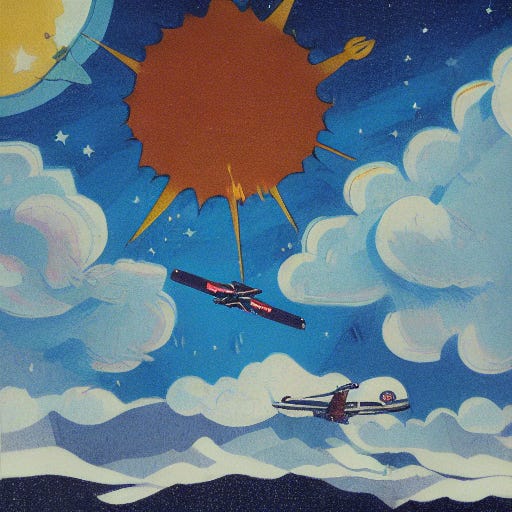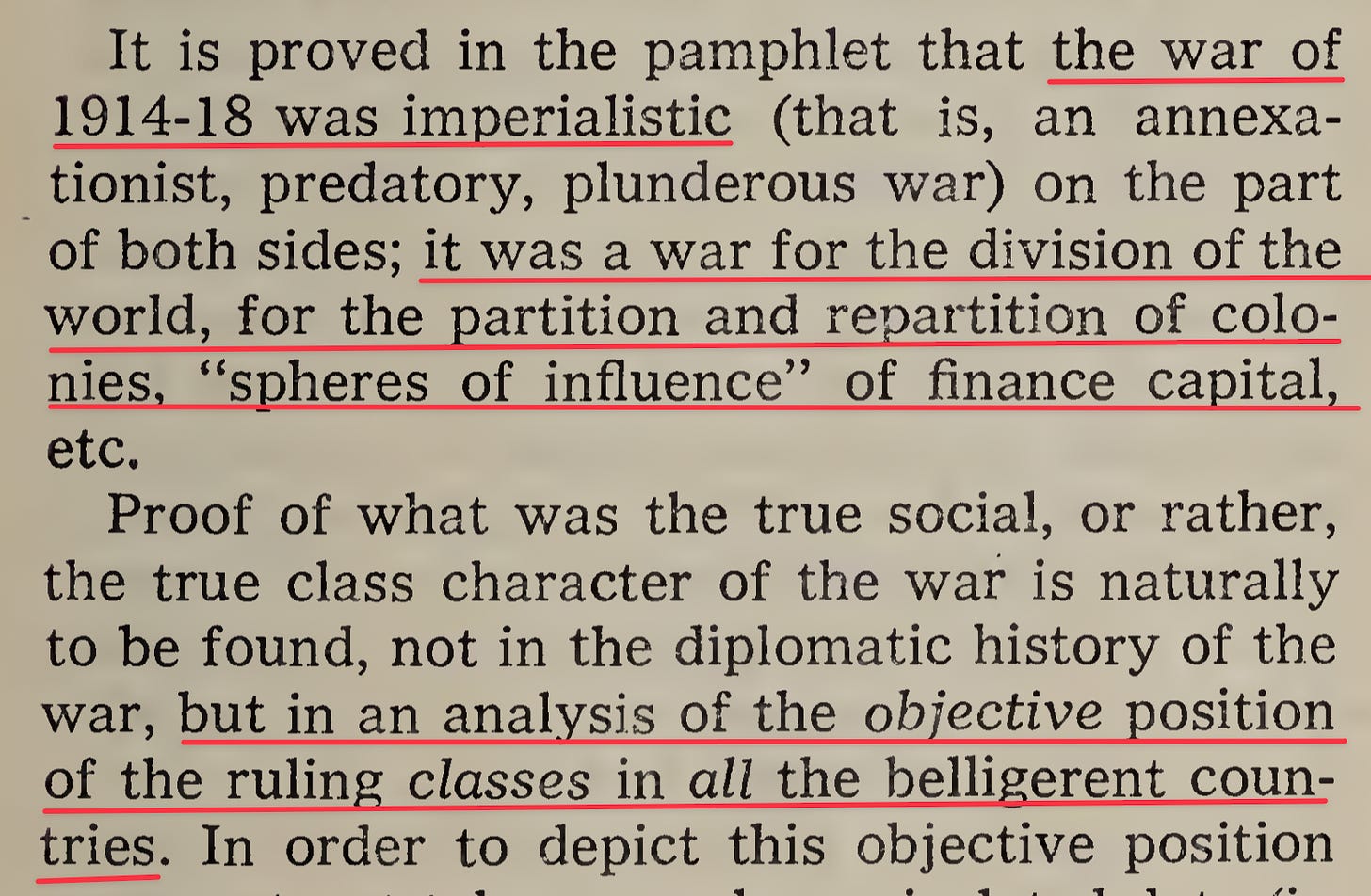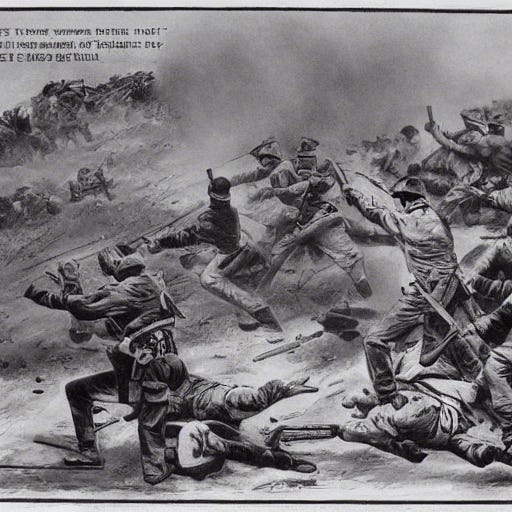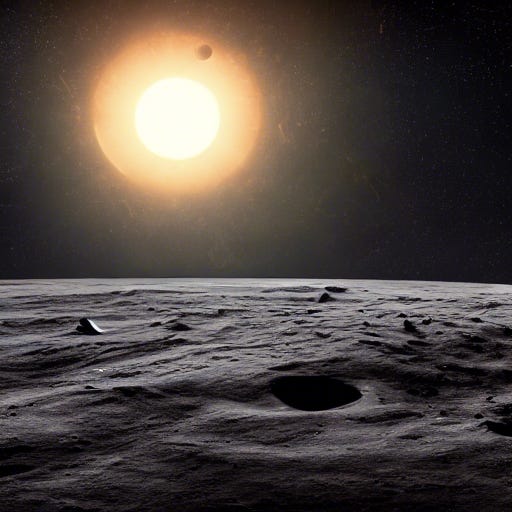I never experienced British rule over India. It’s influence remains to this day, but there’s a whole lot of difference between direct and indirect rule. Thinking back, I am amazed at the speed at which European colonialism ended. In 1914, the sun was never ever setting on the British empire. In 1945 it had set. In fact, thirty years might have appeared to its protagonists to be insufferably long. In this article on the Indian nationalist leader, Subhas Chandra Bose, Kapil Komireddi says about the first meeting between the two:
Gandhi’s ambition to secure freedom for India within a year impressed him—but he quickly noticed “a deplorable lack of clarity” in Gandhi’s plan and felt that the Mahatma “did not have a clear idea of the successive stages of the campaign which would bring India to her cherished goal of freedom.”
The empire was perceived to be on its last legs in 1921, not 1945, so why did it survive another quarter century? Decolonization in 1921 would have made for a very different world. Of course, the end of the British empire did not mean imperialism ended: Europeans were replaced by the Americans and the Soviets and now the Chinese. Today’s India is very much an imperial country even if most of our colonial energies are directed towards our own people. We had the opportunity to end the colonial enterprise once and for all, but instead we doubled our stakes and took the entire planet to be our hunting ground. Fighting against imperialism was exactly the right thing, but fighting for the nation not so much.
Back to the I word. Early on in Lenin’s book he says:
That was true of the cold war between the US and the Soviet camps as well, and will be true of the cold war that’s starting between the US and China. It’s not clear how one is supposed to be able to address climate change, which requires global cooperation, while also fighting over spheres of influence. If you think that’s at all plausible, let me know.
Technologies change and the resources over which we are fighting for also change, but yesterday’s belligerents and today’s superpowers share the colonial instinct. Both Tagore and Gandhi were acutely aware of the problems with this instinct as such, not the specific nations and rulers it was attached to at that moment in time. But Tagore was ahead of Gandhi. For him:
In an alternative universe, the Indian independence struggle could have agitated against the British without agitating for a nation state. Unlikely to be sure: history and circumstance present us with only one or two plausible alternatives, the rest are wishful thinking. But Tagore’s impulse needs to be brought back again with redoubled force: to address our planetary crisis we need something more than a world government (that would be the Climate Leviathan) or some other expanded political power. It presents us with the challenge of what does it mean - and can mean - to live with others, most of whom aren’t human. Otherwise the anthropocene will also end with a bang. If you think the bang will look like this:
Think again. There will be scenes like that too, but there are other forms of desolation









